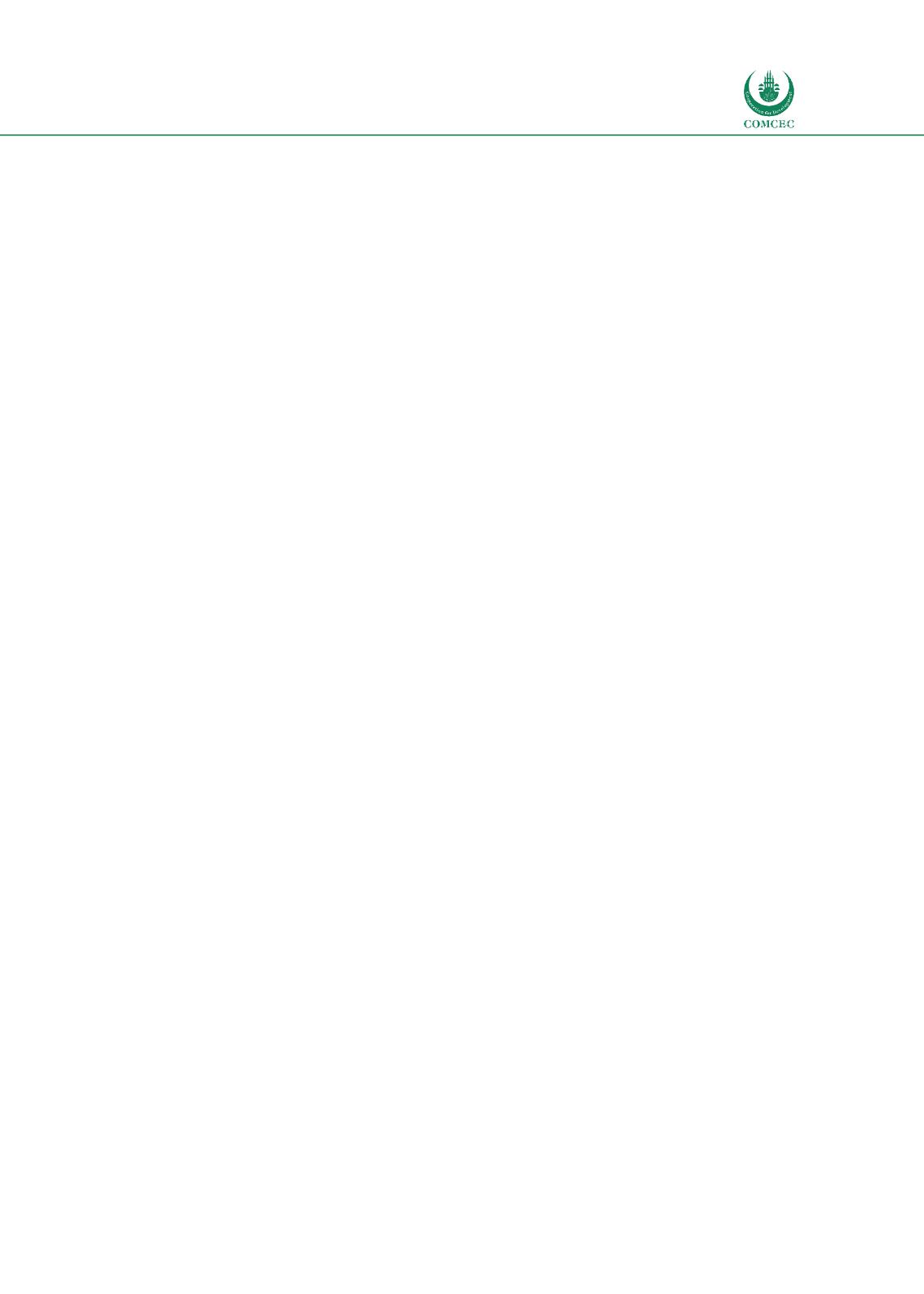

Enhancing Public Availability of Customs Information
In the Islamic Countries
71
Boosting Senegal's image: The government and cross-border trade stakeholders have
all agreed on the centrality of time-sensitive, accurate data as an essential element of
branding the country as a hub for doing business in West Africa. Officials expect
published information to portray a favorable reputation of the country for investment
targeting the Senegal market or the rest of the West and Central African region.
Ensuring the accuracy and transparency of customs information will be the key driver
for reducing the cost of doing business.
Fostering greater timeliness: Most information is available online 24 hours a day and
seven days a week. Customs officials also offer some information in a paper format,
which trade actors can obtain Monday to Friday by writing to the TIP Steering
Committee.
Challenges
The following constraints have been identified in moving from putting in place a TIP to making
it fully operational in the future:
(a)
There is a need for a multi-year and fully funded program of work for managing the TIP
and especially for regular monitoring and updating. Discussions are underway for
provision either through a government budget process or from other national
institutions budget such as the Conseil Senegal des Chargeurs (COSEC). There might be
a need for some donors to provide complementary technical and financial assistance
and support.
(b)
There is need to expand the of number enquiry points, especially on some technical
issues.
(c)
Revisiting the governance structure, particularly through the identification of chair
hosted in the Presidency.
Lessons
The case of Senegal shows that it is possible for an LDC to make significant progress on the public
availability of customs and trade information, including through the use of digital means.
Although rollout of Senegal’s online solutions is not yet complete, experience with its very well
regarded Single Window suggests that forthcoming changes will likely be very beneficial to the
trade community, both those located within the country, and those dealing with it externally. A
clear lesson from the Senegalese experience is that a preliminary step in moving towards online
solutions is first to collect and rationalize hard copy rules, regulations, and formalities. There is
often scope to simplify administrative procedures in this way, and bring them into conformity
with best practice. Once that has happened, the move to a digital platform will be more
straightforward.
In terms of TFA compliance, Senegal still has some way to go. It has notified parts of the
Agreement in Category A as they relate to information availability, but Category B and C
notifications are not yet available, so it is impossible to have a complete picture of the way in
which TFA implementation will in fact take place over time. Given the advances made in related
areas, like the Single Window, it is to be hoped that Senegal will be ambitious in scheduling
















